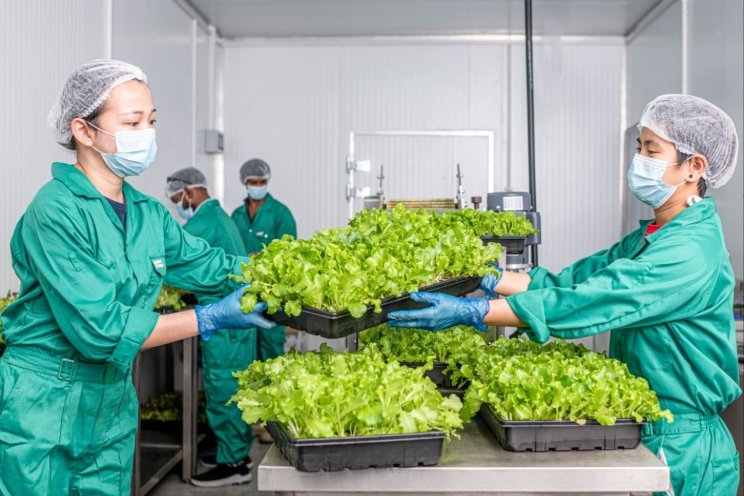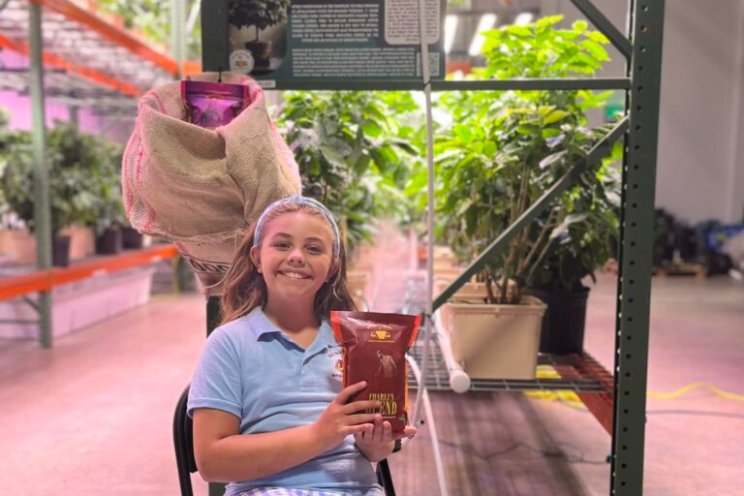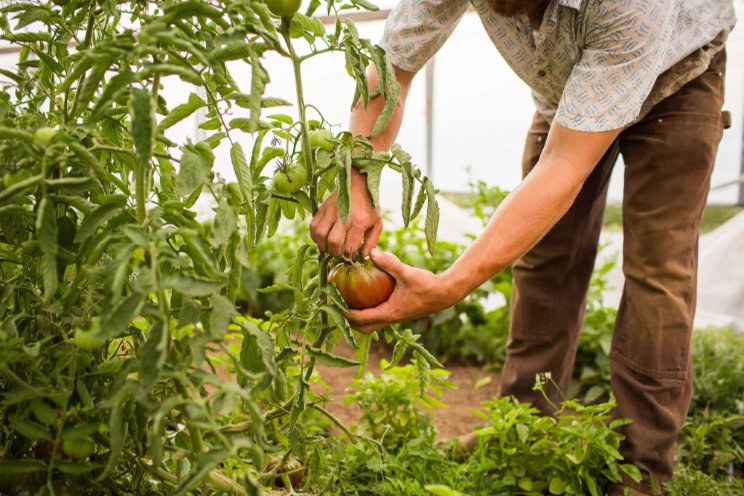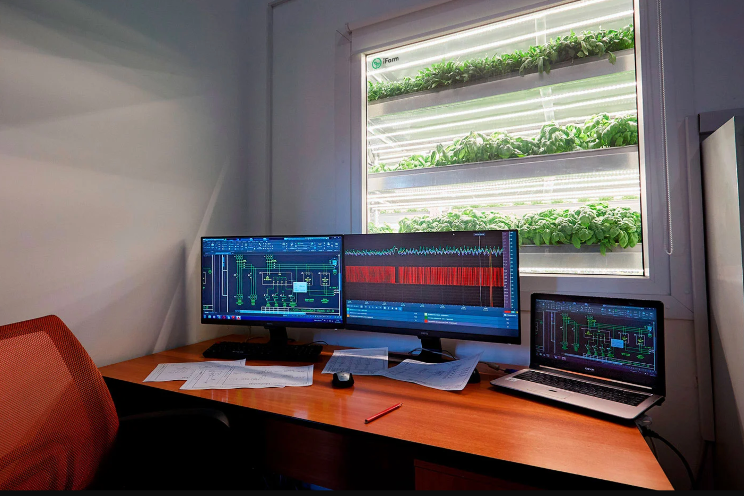Supporting customers in the effective use of Grodan
Added on 06 December 2021

About Hans Baekelmans
Hans joined Grodan as a Crop Consultant in the Business Support department in May 2019. He lives in Ravels (near Turnhout) in Belgium, just 10km from the Dutch border and around an hour's drive from Grodan's offices in Roermond. Hans is in his mid-thirties, but has actually been involved in horticulture since the age of 12, having first started studying it as part of his secondary education in Belgium. "We spent four hours a week in the greenhouse and I loved it," he recalls. After leaving school, he went on to do a bachelor's degree in horticulture and then worked for three years as a production manager at a tomato propagation facility.
In 2010, he moved to a small Belgian company selling organic substrates primarily for tree nurseries and strawberry growers. "I gained lots of valuable experience but it was a very operational role. I was keen to move away from sales and also work in a more international setting, so Grodan was a very interesting step for me," says Hans. "I now advise growers in Belgium, the southern Netherlands, France, the UK and also Scandinavia. Due to COVID-19, most of my contact with customers and also colleagues is currently by phone, email or Teams. That's fine up to a certain point, but after nearly two years it would be nice to have some human interaction again. It's easier to discuss complex topics in real life, plus online communication feels more factual and business-like, whereas I prefer the personal dynamic."
How do you contribute to Grodan's success?
In my role as Crop Consultant, my main task is to support customers in the effective use of Grodan's products to optimize their crop performance. For me, it's the perfect chance to combine my horticultural knowledge with my sales experience and I really enjoy the customer contact. In addition, my region is quite big so I get to see many different ways of steering the same crops in different growing conditions, and I like sharing these insights to help other customers. For example, I recently visited a tomato grower in France who had some issues with fruit size. As we walked around the greenhouse, we chatted about his irrigation strategy. I suspected that he was stopping the watering too early every evening. By asking him the right questions and then explaining what had worked for other growers, I hoped I might get him to reconsider the way he'd always done things and think about trying a different approach. It was very rewarding when I spoke to him a few months later and he told me that he had thought about what I'd said, made some changes and that it had worked! So by advising growers on technical issues and helping them to solve their problems, I can add real value on behalf of Grodan - and that makes it easier for my sales colleagues when discussing the nitty gritty of things like prices and delivery dates.
What do you like most about working at Grodan?
I'm naturally curious and I like to find creative solutions; I believe that the best solutions usually come from combining ideas from many different sides. Grodan is the perfect match for me, because the company has such a strong focus on thought leadership and actively sharing knowledge. There are lots of examples of this, not only in external projects with third parties but also internally. For example, the company offers training courses and creates opportunities for us to learn from other colleagues in multidisciplinary projects. Personally, I'm currently involved in a Business Development project focused on promoting the benefits of stone wool over organic substrates for high-tech strawberry growers. A move into this market is a good fit with the growing focus on sustainability and the shift away from raw materials such as peat.
Additionally, I am one of seven colleagues following the new Grodan Academy training programme this year, aimed at helping us to develop our project management skills in a multidisciplinary and multicultural setting. We have regular meetings and attend presentations by senior executives. I'm finding it really interesting to gain new business insights and combine them with what I already know, so that we can think about how things can be done even better.
What do you think many customers might be surprised to know about Grodan?
I think a lot of our customers mainly see the commercial side of Grodan - they have contact with their account manager and regularly receive sales and marketing-oriented messages from us - but they probably don't realize just how many people are working behind the scenes to facilitate all our activities.
We have 170 employees at Grodan alone, and of course we're actually part of the much bigger Rockwool group. Many of our employees are involved in research and development projects, such as to further improve the microbial balance of our products, accelerate our switch to recycled plastics, identify a more ecological binder solution, and so on. Similarly, we have a team of people focused solely on improving our supply chain efficiency in terms of warehousing, logistics and raw materials planning in order to keep costs down and minimize waste. And all of this continuous development work is ultimately aimed at improving the customer experience. So there's much more to Grodan than the small part of the workforce that growers actually see when they order, receive and pay for their products. In fact, there's so much going on that even I probably don't know about all the things we're doing, let alone our customers!
If you were a grower, what crop would you cultivate and why?
I find strawberries very interesting and they offer lots of potential for improvement, so that appeals to my pioneering spirit. On the other hand, I have a strong affinity with tomatoes; they are one of the most dynamic and high-performing crops, so if I wanted to stay in my comfort zone I'd choose them. However, growing tomatoes is not without its challenges right now, of course, due to the high gas prices. Growers are having to reinvent themselves to try and save more energy without affecting the yield. There is a lot of existing knowledge available to help them, but it remains a delicate balance. But the unpredictability is part of what makes horticulture so interesting, and thankfully growers are very adaptable.
Photo Courtesy of Grodan
Source: Grodan
More news















